Everyday Health
Is healthcare a human right or a privilege?
Well, if we consider that the United Nations Sustainable Development Goal 3, Good Health and Well-Being states that “ensuring healthy lives and promoting well-being is important to building prosperous societies” we might conclude that healthcare is a human right.
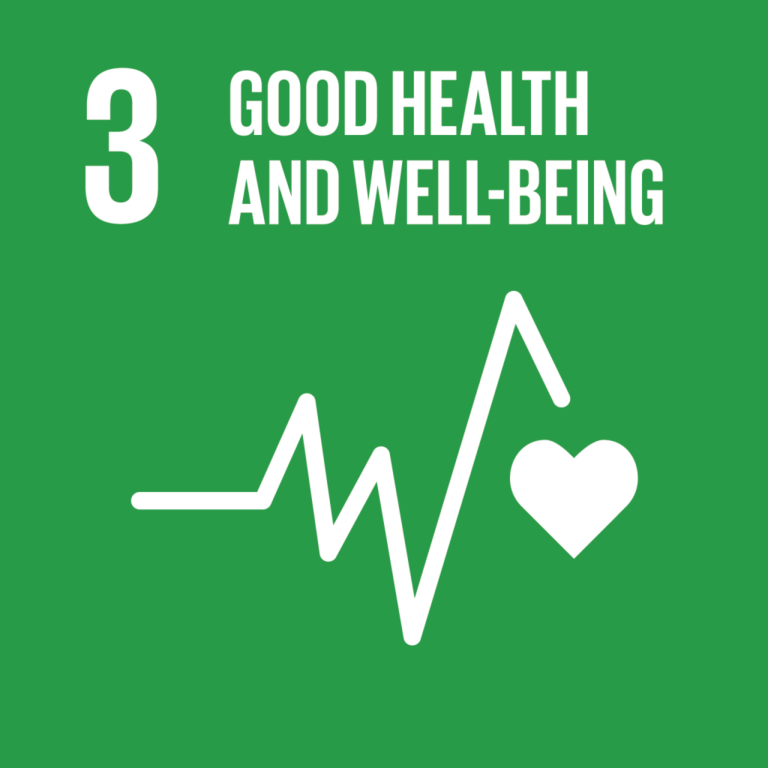
“ensuring healthy lives and promoting well-being is important to building prosperous societies”
Anyone interested in careers in the medical and scientific research fields will be working within a healthcare system that their country’s government has built over years and years.
When you take this into consideration, some healthcare systems are built in ways that assume healthcare is a human right and some seem to be built in ways that assume healthcare is a privilege.
How do you think the healthcare system in your country has been built?
Each country has unique healthcare features and therefore unique roles for individuals interested in careers in this field. Whether you are exploring healthcare as a future researcher or are interested in becoming a primary care doctor, a specialist, a nurse, a hospital administrator, a respiratory therapist, a laboratory scientist, or so many other potential roles, learning about your country’s healthcare system and how it treats patients is really important.
The way a country’s healthcare system is organized tells us a lot about the values of that country. Do patients have easy access no matter what bodies they were born into? Do wealthy patients get different treatment than those without substantial means? Are disabled patients treated differently from patients without current disabilities (remember, anyone can unexpectedly become disabled at any time). Do healthcare providers and medical researchers share information in ways that patients and the target communities can understand?
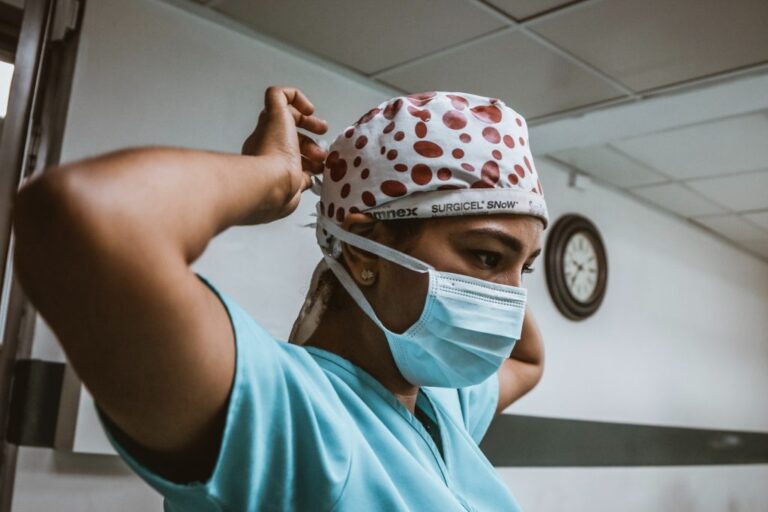
About This Course
This course was created by our unique, youth-led global internship program. Visit the course page to view learning objectives, standards alignments, content formats, and more.
Register
Teachers, Educators, & Leaders
Create an account and invite students or youth participants.
Students
If your teacher or group facilitator gave you a code.
Independent Learners
Take a course on your own.
Already have an account?
Healthcare around the world is very different. Some healthcare systems are better equipped for dealing with primary care; some are better for emergencies; some are better for chronic care. Some countries do lots of medical research, others might not have the resources to advance scientific knowledge. In all healthcare systems we must ask ourselves, is it serving whose interests?
The language of medicine and scientific research can be alienating. Communication is important to the healthcare system because it is a part of every interaction that patients have with their healthcare providers and that the scientific research community has with the target communities.
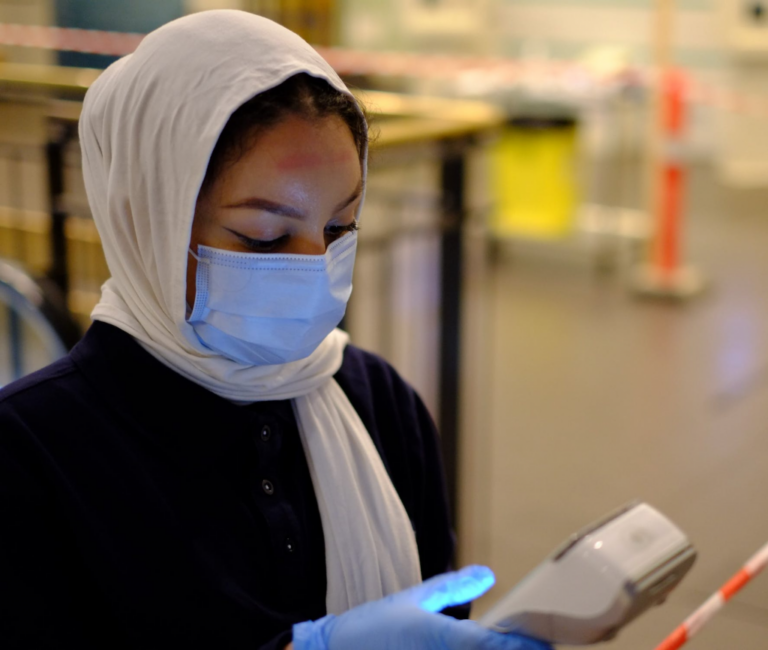
If you are interested in a medical career that involves directly caring for patients, how might you develop your communication skills so that you can establish trust with them?
How would you give your patients enough space and time to share their medical concerns? How might you use accessible language and terminology when communicating with them? Are you familiar with and accepting of the traditional medicines they may use?
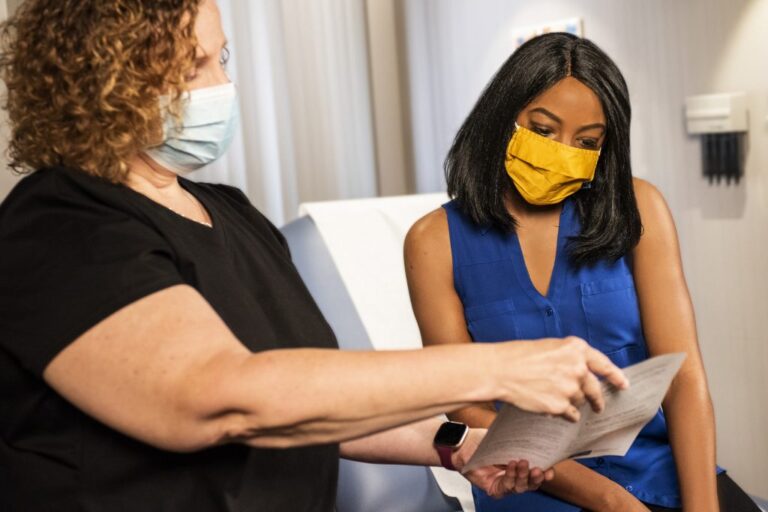
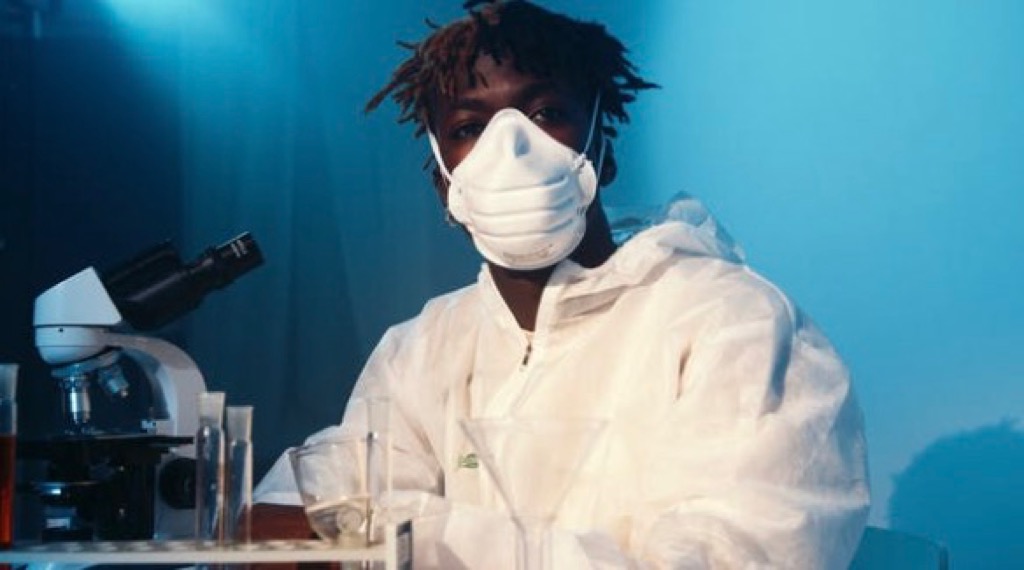
Do you acknowledge their fears and hesitations about treatment options and help them figure out the best approach for them?
One barrier to effective communication and establishing trust with patients is personal bias.
We all have biases related to medicine and scientific research based on our lived experiences of our countries’ healthcare systems. Basically, biases are the assumptions and beliefs we have unintentionally developed, and the actions we take, based on the target communities we are a part of and exposed to.
Let’s try a brief activity. What comes to mind when you think about someone:
- Who uses only traditional medicine rather than getting a check-up?
- Who needs pain medication to get through the day?
- Who has lots of elective cosmetic surgeries?
- Who goes to the emergency room frequently?
- Who has a psychiatric illness?
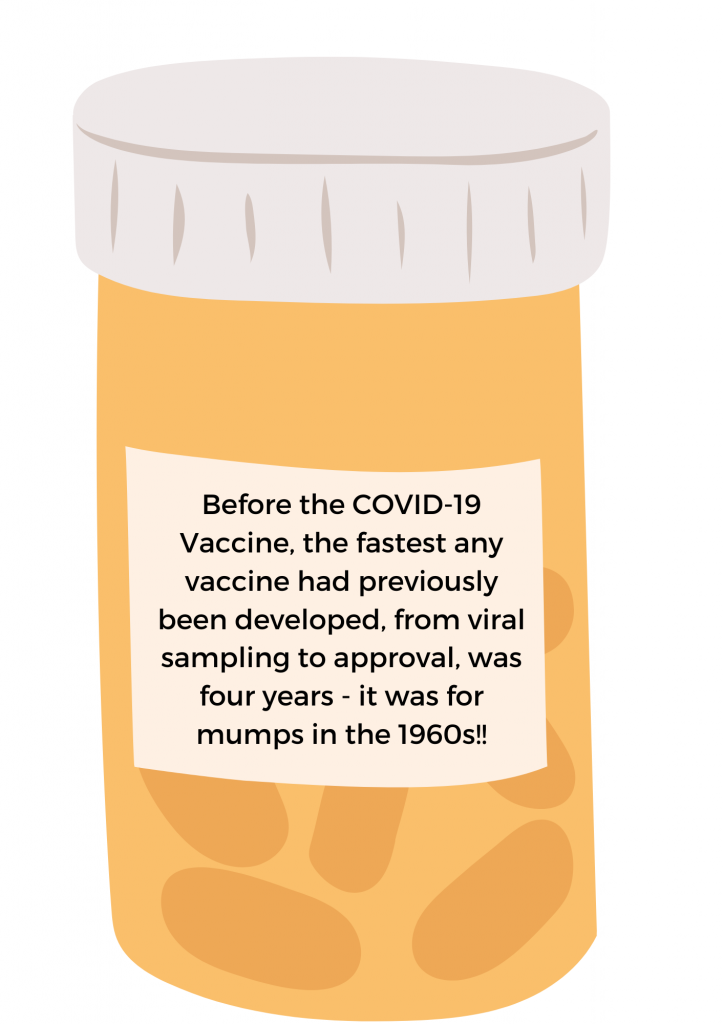
Whatever first came to your mind informs you something about your personally held beliefs and biases related to healthcare.
We all have biases and it is very important for people in the medical and scientific research professions to work to dismiss them.
Health and Traditional Medicine
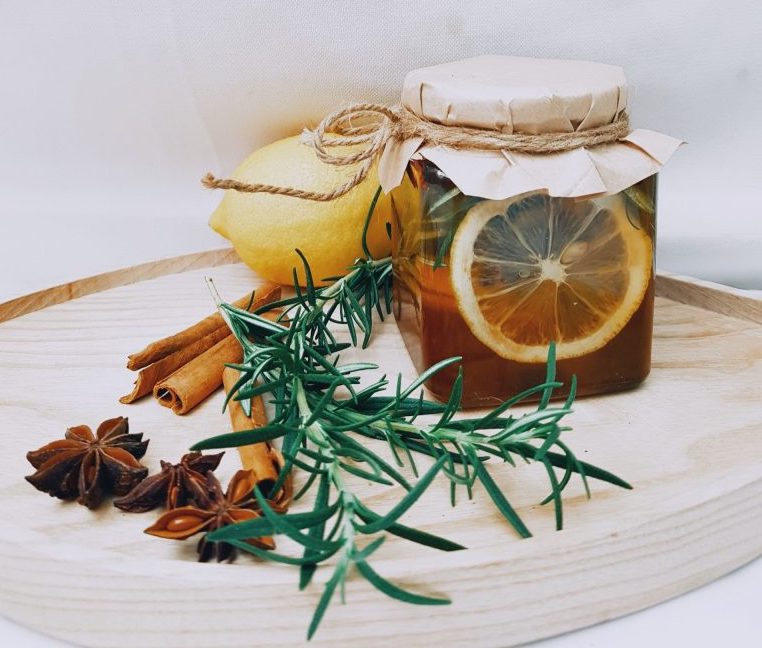
One form of potential bias within healthcare is the approach to traditional medicines. Throughout history, target communities around have benefited from traditional medicines for treating intrinsic and extrinsic ailments.
| Intrinsic Health Factors | Extrinsic Health Factors |
|---|---|
| Autoimmune diseases: where the body’s own immune system harms the body itself | Infections |
| Aging | Environmental health hazards (like pollution, and contaminated water) |
| Psychological factors (like responses to stress) | Social/Economic instability (unstable housing, access to food) |
Traditional medicine involves the use of plant, animal, or mineral-based treatments, spiritual practices, exercises, and activities thought to bring about better health. This approach to healthcare can include making changes to diet, practicing meditation, using plants (commonly herbs or oils) with known or presumed medicinal properties, and faith-based practices like prayer.
In some countries, the use of traditional medicines has been seen as more resistant compared to modern medicines. In these countries, there are, of course, some underlying biases and beliefs associated with the term “traditional.” The World Health Organization’s Global Centre for Traditional Medicine, which was established in March 2022, explains the importance of traditional medicine:
“Traditional medicine has been an integral resource for health for centuries in communities around the world, and it is still a mainstay for some with inequities in access to conventional medicine. The sociocultural practice and biodiversity heritage of traditional medicine are crucial resources to evolve inclusive, diverse sustainable development.”
In the video below, youth from around the world share information about the traditional medicine they use.
Were any of those traditional medicines familiar to you? Did you find you had biases in favor of or against any of them?
Even with the potential biases against traditional medicine, they are pretty common worldwide. In fact, lots of traditional medicine are made of natural substances and even pharmaceutical companies sell them. Currently, 40% of approved pharmaceuticals have been derived from natural substances and researchers in pharmaceutical companies are involved in studying the effects of traditional medicines globally.
Before we dig into our countries’ local healthcare systems (in Module 2), let’s start with what we do at home. After exploring more stories of traditional medicine from youth around the world, please add your story!
You’re ready to explore…
To explore stories and resources, register for this course!
Register
Teachers, Educators, & Leaders
Create an account and invite students or youth participants.
Students
If your teacher or group facilitator gave you a code.
Independent Learners
Take a course on your own.
Already have an account?
About This Course
This course was created by our unique, youth-led global internship program. Visit the course page to view learning objectives, standards alignments, content formats, and more.
Register
Register
Teachers, Educators, & Leaders
Create an account and invite students or youth participants.
Students
If your teacher or group facilitator gave you a code.
Independent Learners
Take a course on your own.

